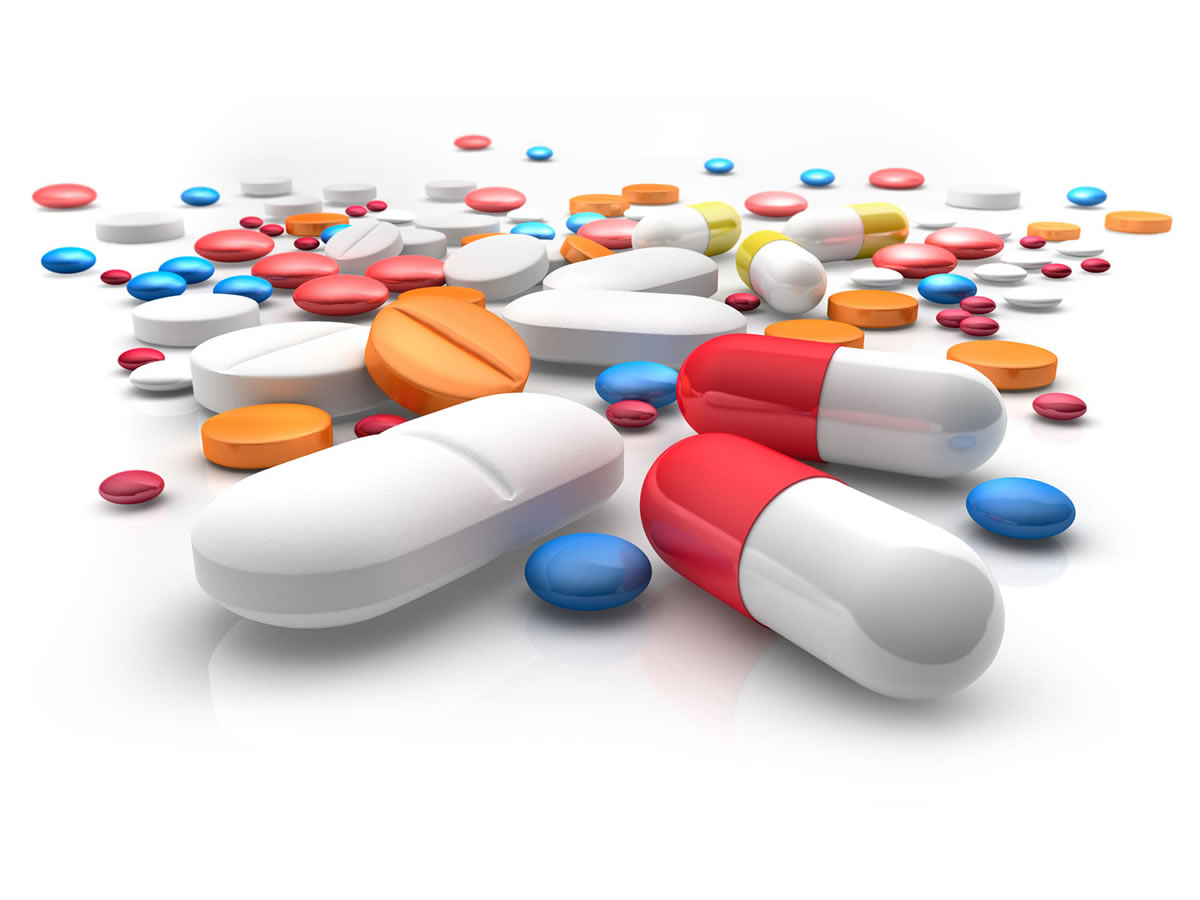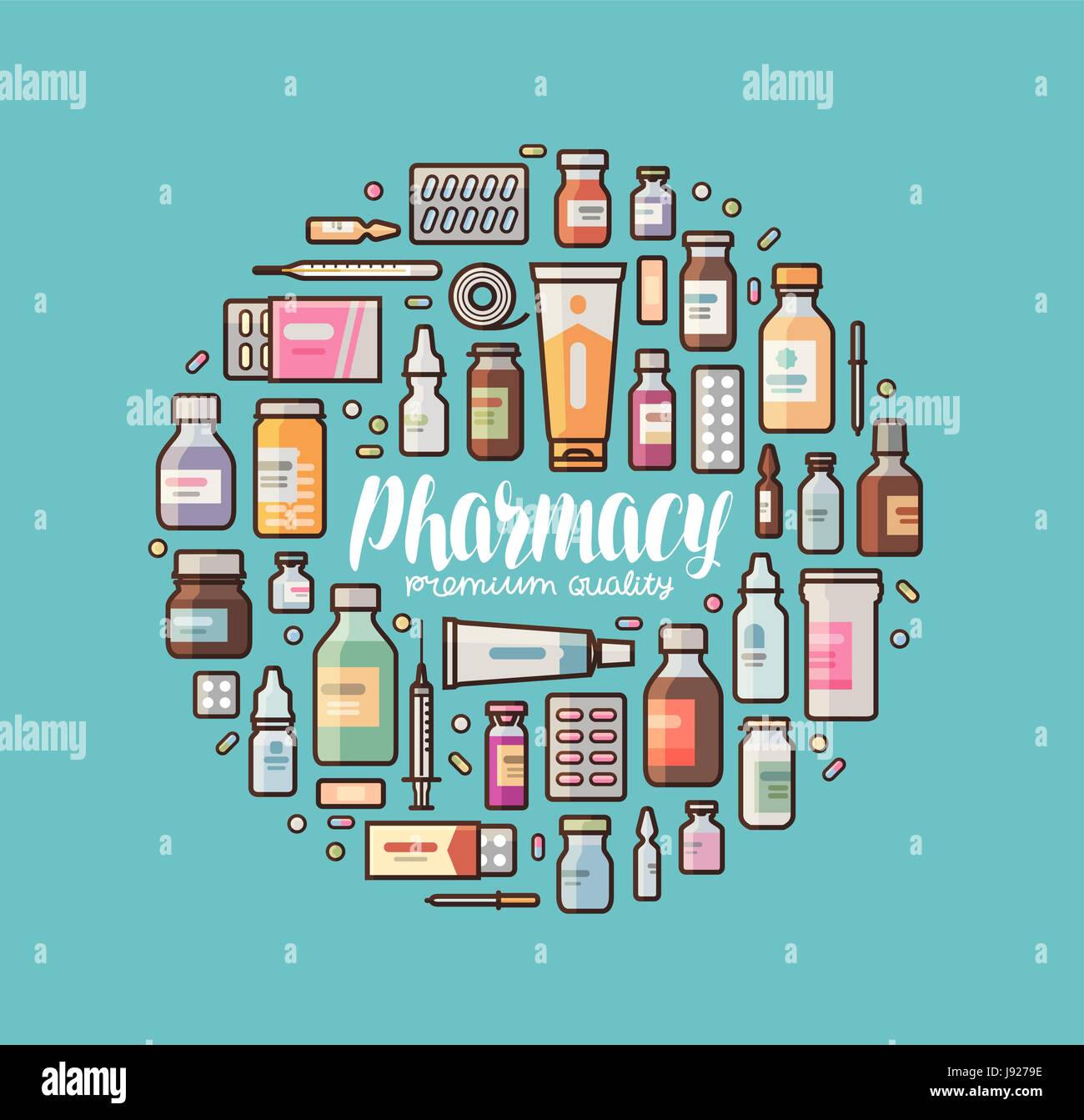Pharmacology is the study of drug action and how these drugs affect the body. Faculty in our department who study this field have various projects including developing chemotherapeutics to specifically target tumor cells and discovering small-molecule probes of proteins involved in transcriptional regulation. Pharmacology is a branch of medicine and pharmaceutical sciences which is concerned with the study of drug or medication action, where a drug can be broadly or narrowly defined as any man-made, natural, or endogenous (from within the body) molecule which exerts a biochemical or physiological effect on the cell, tissue, organ, or organism (sometimes the word pharmacon is used as a term to. Drugs.com provides accurate and independent information on more than 24,000 prescription drugs, over-the-counter medicines and natural products. This material is provided for educational purposes only. About Clinical Pharmacology Used by more than 1,500 hospitals and over 35,000 retail pharmacies in the U.S., as well as government and managed care agencies, PBMs, pharmaceutical manufacturers and academic institutions, Clinical Pharmacology sets the standard for today’s referential and point-of-care drug information solutions. Pharmacology Pharmacology is more than the study of the mode of action of drugs. It is a science which uses the basic concepts of biology and chemistry to determine how drugs affect the organism; it gives a unique perspective in understanding how cells, organ systems, and organisms function.
Also found in: Dictionary, Thesaurus, Encyclopedia, Wikipedia.pharmacology
 [fahr″mah-kol´o-je]
[fahr″mah-kol´o-je] phar·ma·col·o·gy
(far'mă-kol'ŏ-jē),pharmacology
(fär′mə-kŏl′ə-jē)n.
pharmacology
The field that studies the characteristics, effects and uses of drugs and their interactions with living organisms.pharmacology
The study of the science and clinical application of medications; the study of drugs, their sources, their nature and properties. See Clinical pharmacology, Cosmetic pharmacology, Recombinant pharmacology.phar·ma·col·o·gy
(fahr'mă-kol'ŏ-jē)
pharmacology
The science of DRUGS. Pharmacology is concerned with the origins, isolation, purification, chemical structure and synthesis, assay, effects, uses, side effects, relative effectiveness of drugs and the influence of genetic factors on drug action. It thus includes, among other disciplines, GENETICS, ORGANIC CHEMISTRY, PHARMACOKINETICS, THERAPEUTICS and TOXICOLOGY.pharmacology
the study of pharmaceutical agents, their preparation, uses and effects.phar·ma·col·o·gy
(fahr'mă-kol'ŏ-jē)Want to thank TFD for its existence? Tell a friend about us, add a link to this page, or visit the webmaster's page for free fun content.
Pharmacology 2 Mcq
Link to this page:Pharmacology Website For Students
Pharmacology Chapter 8 Quizlet
